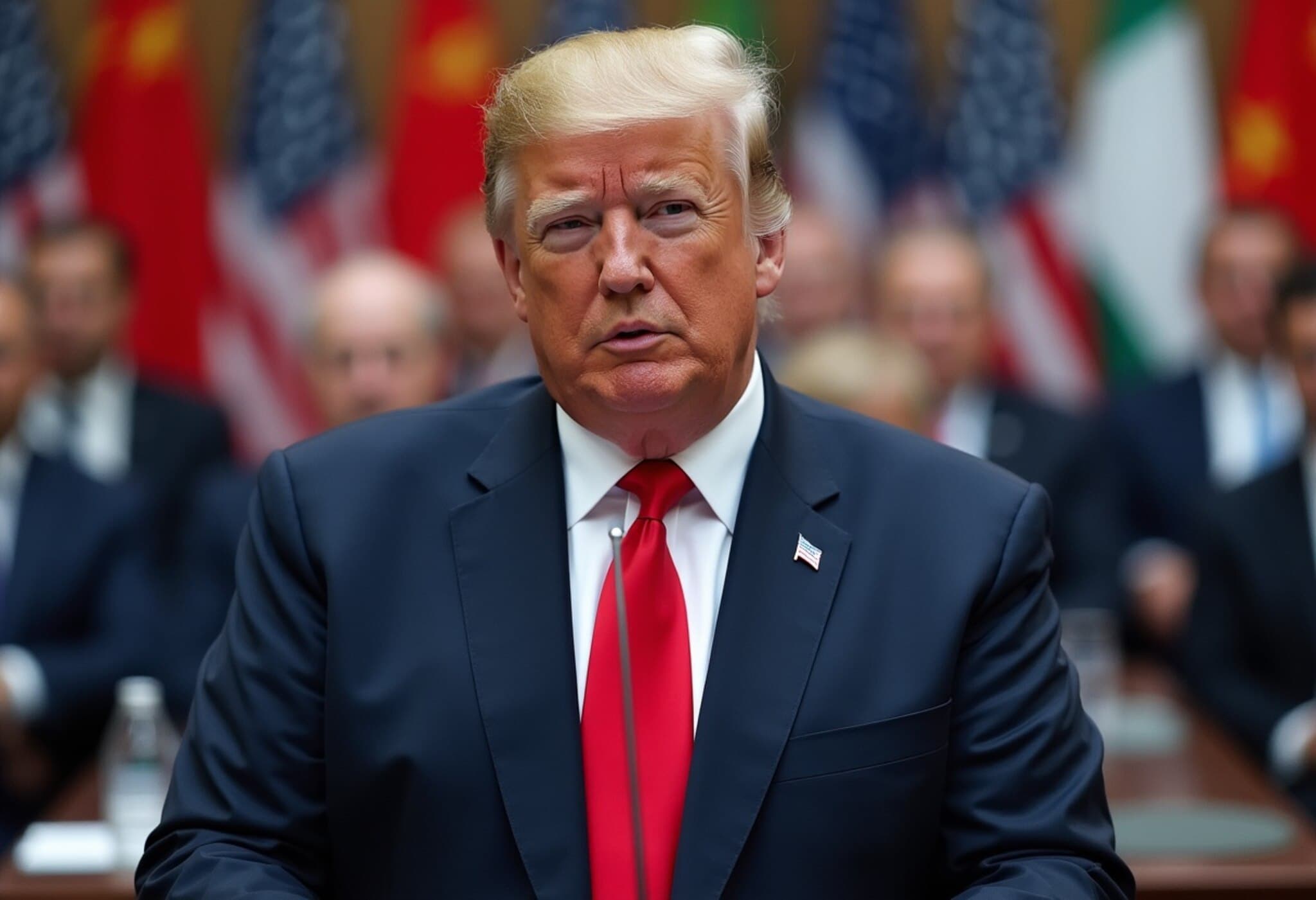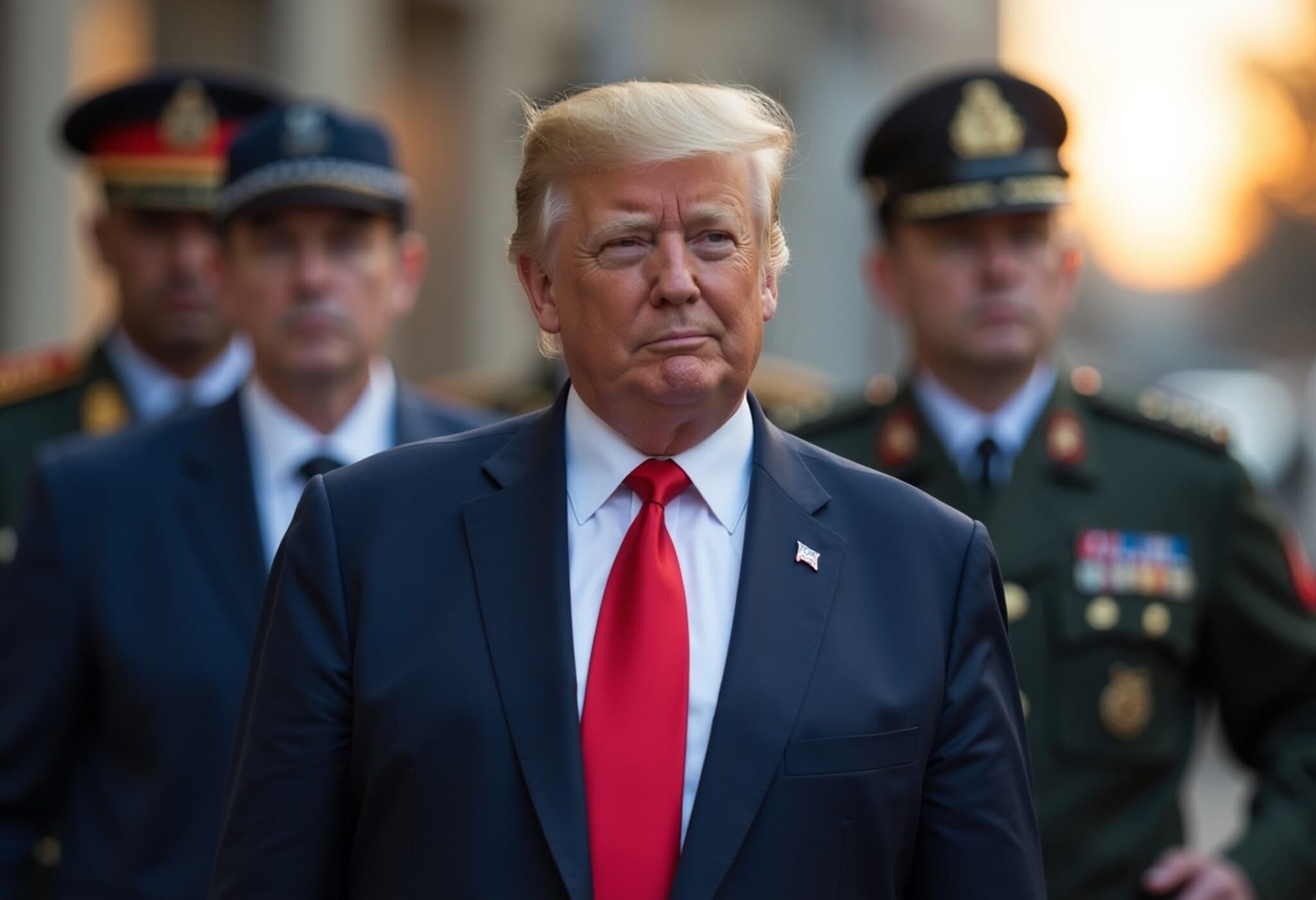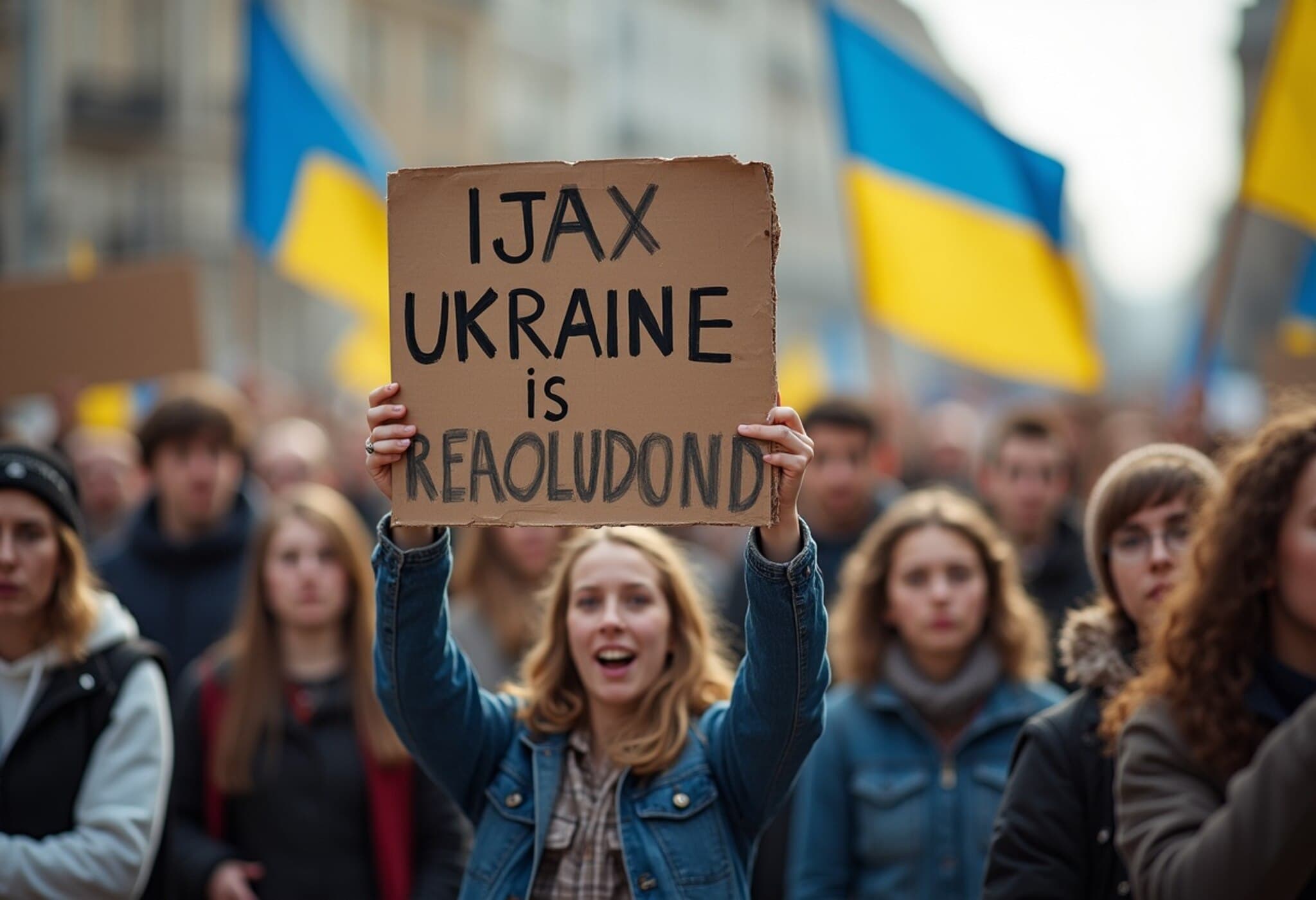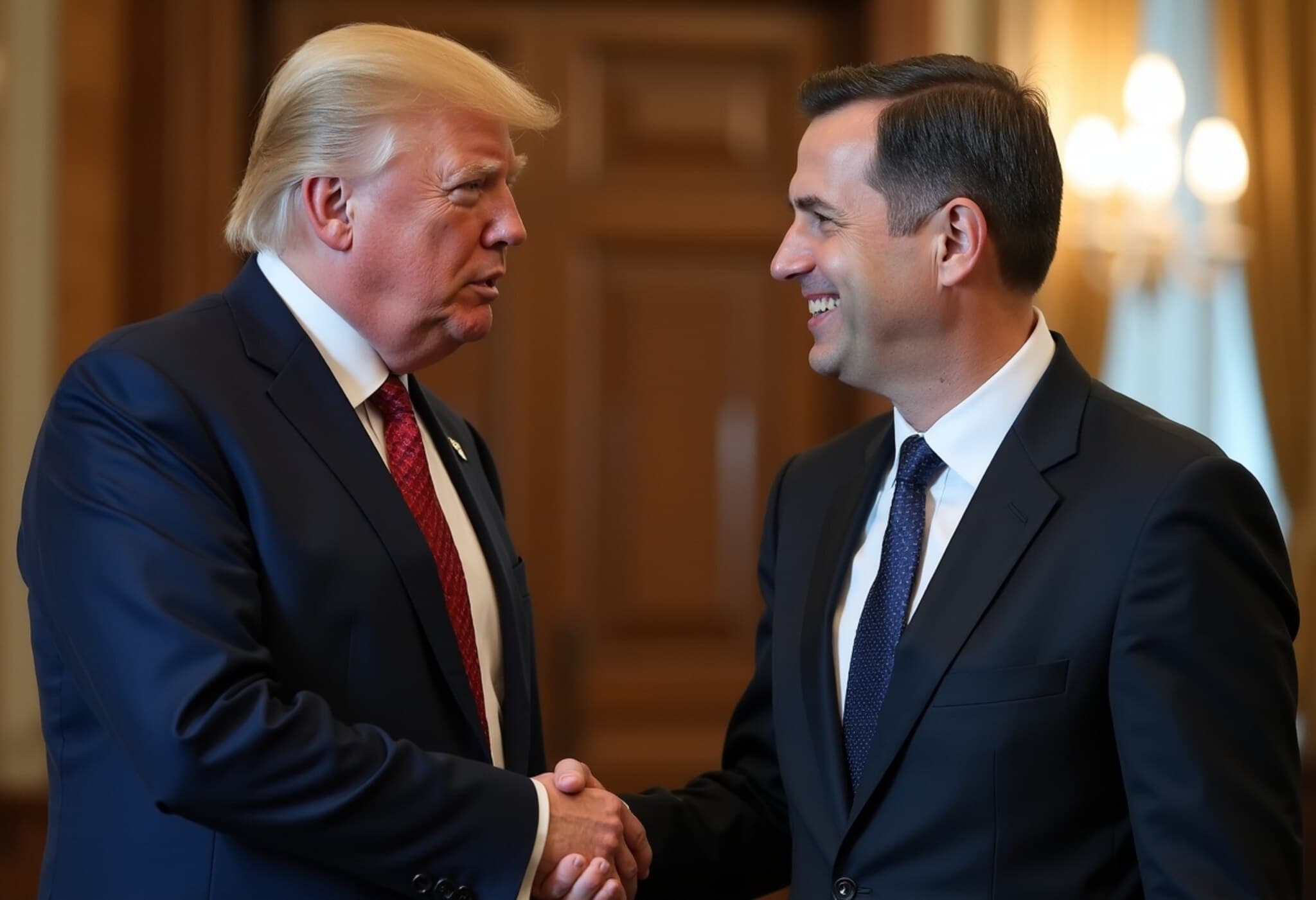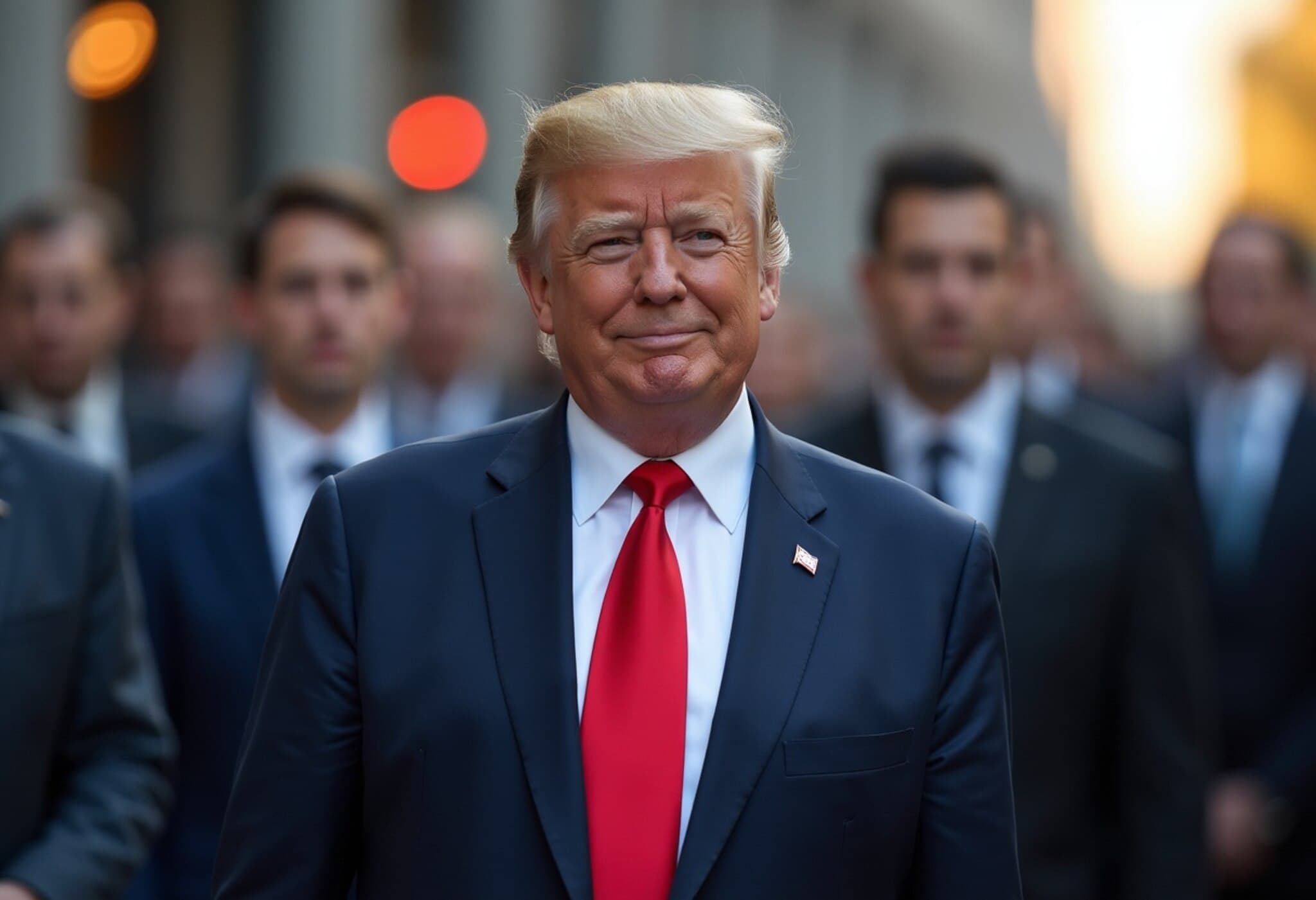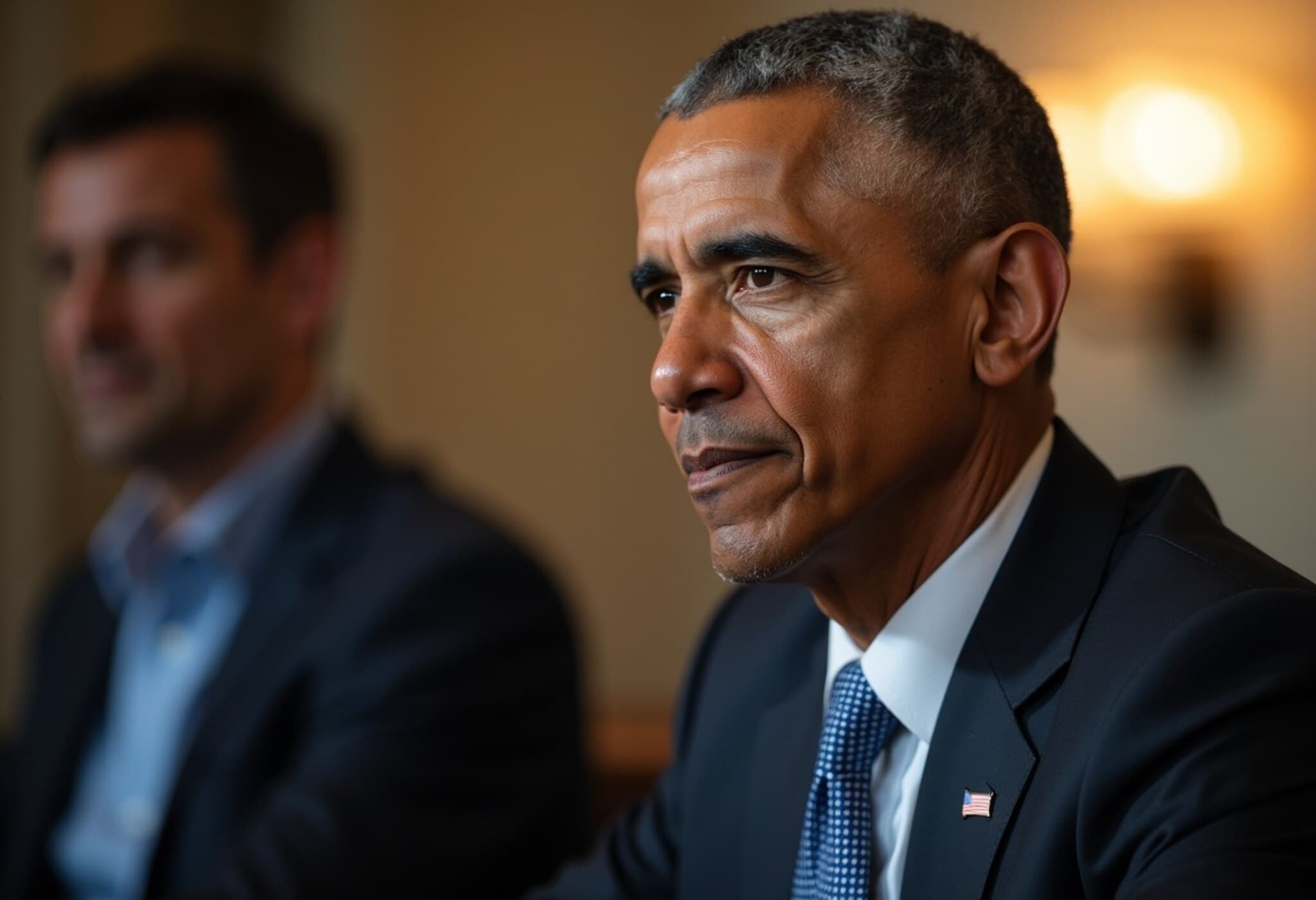Mass Protests Erupt After Zelensky Approves Controversial Legislation
On July 23, 2025, tens of thousands of Ukrainians took to the streets in a powerful display of dissent following President Volodymyr Zelensky's signing of a bill that critics argue severely undermines the country's anti-corruption framework. This move has rekindled fears over the potential rollback of hard-won transparency reforms that were pivotal in Ukraine’s efforts to combat systemic corruption since 2014.
Understanding the Bill's Impact on Anti-Corruption Agencies
The recently ratified legislation introduces significant changes that weaken the institutional independence and operational capacity of Ukraine’s key anti-corruption bodies, including the National Anti-Corruption Bureau of Ukraine (NABU) and the Specialized Anti-Corruption Prosecutor’s Office (SAPO). Among the most controversial provisions are:
- Increased government control over anti-corruption appointments and dismissals, jeopardizing agency autonomy.
- Restrictions on investigative powers that could curtail pursuing high-level corruption cases.
- Revocations of protections for whistleblowers, potentially deterring vital reporting of misconduct.
Experts warn these changes risk turning back the clock on Ukraine’s reform trajectory, which had garnered international praise and support, including billions in foreign aid and favorable trade agreements tied to governance improvements.
Protests Highlight Public Backlash and International Concerns
The nationwide protests, mainly concentrated in Kyiv but also spreading to other major cities like Lviv and Odessa, showcase both civic frustration and apprehension among activists who view the bill as a step toward greater government opacity. Organizers emphasized the bill threatens to erode democratic gains and embolden corrupt elites.
International watchdogs, such as Transparency International and the European Union, have expressed concerns that this legislative shift could undermine Ukraine’s European integration ambitions and complicate diplomatic relations, especially given the ongoing conflict in Eastern Ukraine that requires strong governance and public trust.
Contextualizing the Crisis: Ukraine’s Fragile Democratic Progress
Since the 2014 Maidan revolution, Ukraine has embarked on a challenging path toward root-and-branch reforms aimed at eradicating corruption—a pervasive obstacle that has historically stalled economic development and hampered public confidence. Anti-corruption agencies like NABU have been pivotal in prosecuting high-profile cases that until recently seemed untouchable.
The latest legislative move pits these reform efforts against political forces seeking to reclaim influence over state institutions, raising critical questions about the political will to sustain reform momentum amid domestic pressures and geopolitical strife.
Expert Commentary: What This Means for Ukraine’s Future
Dr. Natalia Ivanova, an expert on Eastern European governance at the Atlantic Council, notes, “This legislation, while framed as a means to optimize agency function, risks diluting the very independence and authority that made Ukraine’s anti-corruption efforts credible. It may signal to investors and allies that political interference is still pervasive, potentially jeopardizing economic recovery.”
Moreover, American policymakers watching Ukraine’s reform progress are likely to reassess aid priorities if anti-corruption measures are perceived as being rolled back, impacting both security assistance and economic investment.
Looking Ahead: The Road to Accountability Remains Fraught
As demonstrations continue and political debates intensify, the spotlight is on Zelensky’s administration to reconcile the need for effective governance reforms with the imperative to uphold transparency and fight corruption. The episode underscores a broader narrative familiar to transitional democracies: balancing institutional reform with political stability is no easy feat.
Key Questions Moving Forward:
- Will the government consider revising the bill in response to public pressure and international scrutiny?
- How might weakened anti-corruption bodies affect Ukraine’s war effort and broader strategic interests?
- What mechanisms can civil society and the international community use to safeguard reform gains?
Editor’s Note
This unfolding political drama serves as a critical reminder of the tenuous nature of anti-corruption progress in emerging democracies. Ukraine stands at a crossroads where the integrity of its institutions could either be bolstered or diminished depending on the decisions made today. For readers, it raises essential questions about the role of governance, citizen activism, and international support in nurturing resilient democracies amid complex geopolitical challenges.








